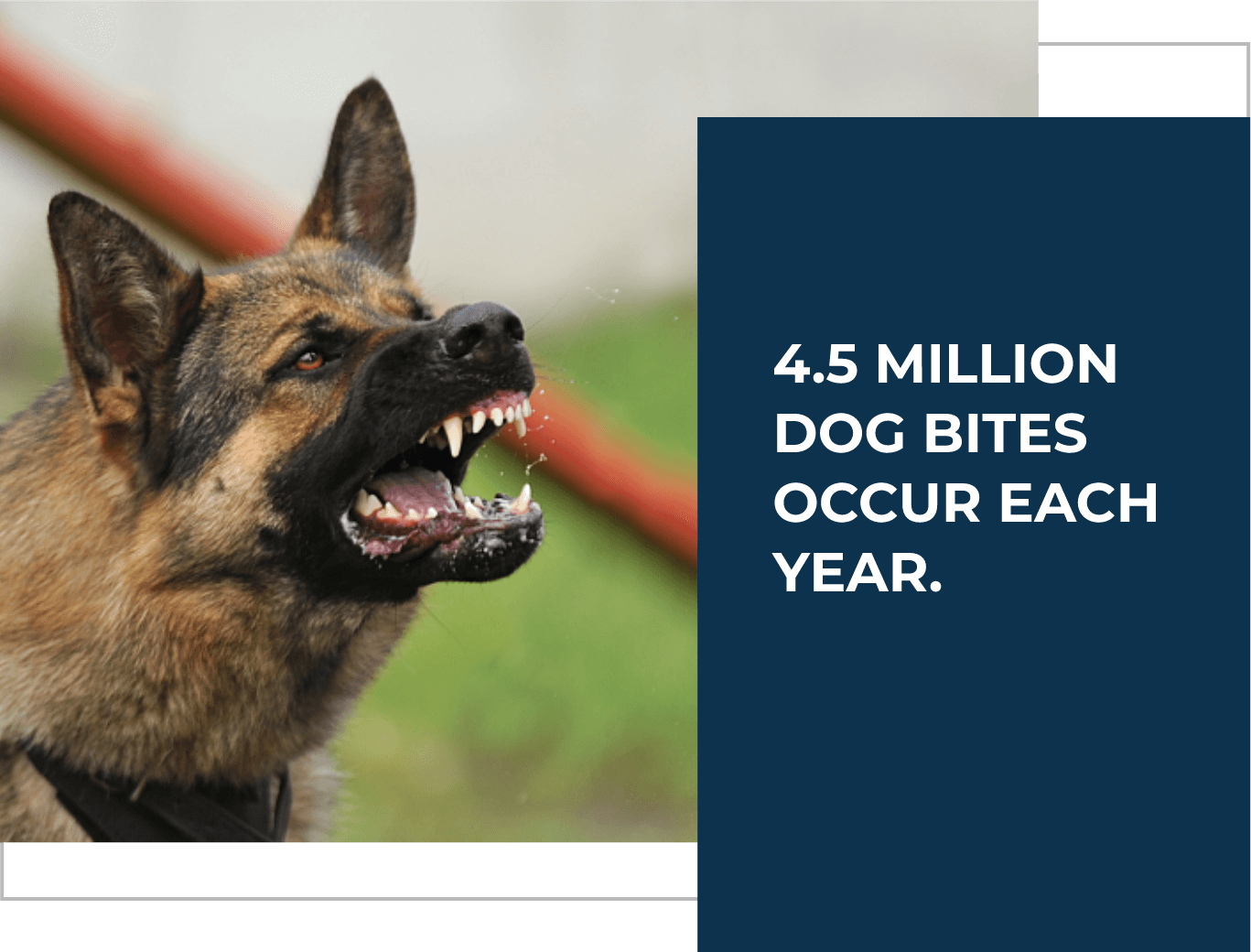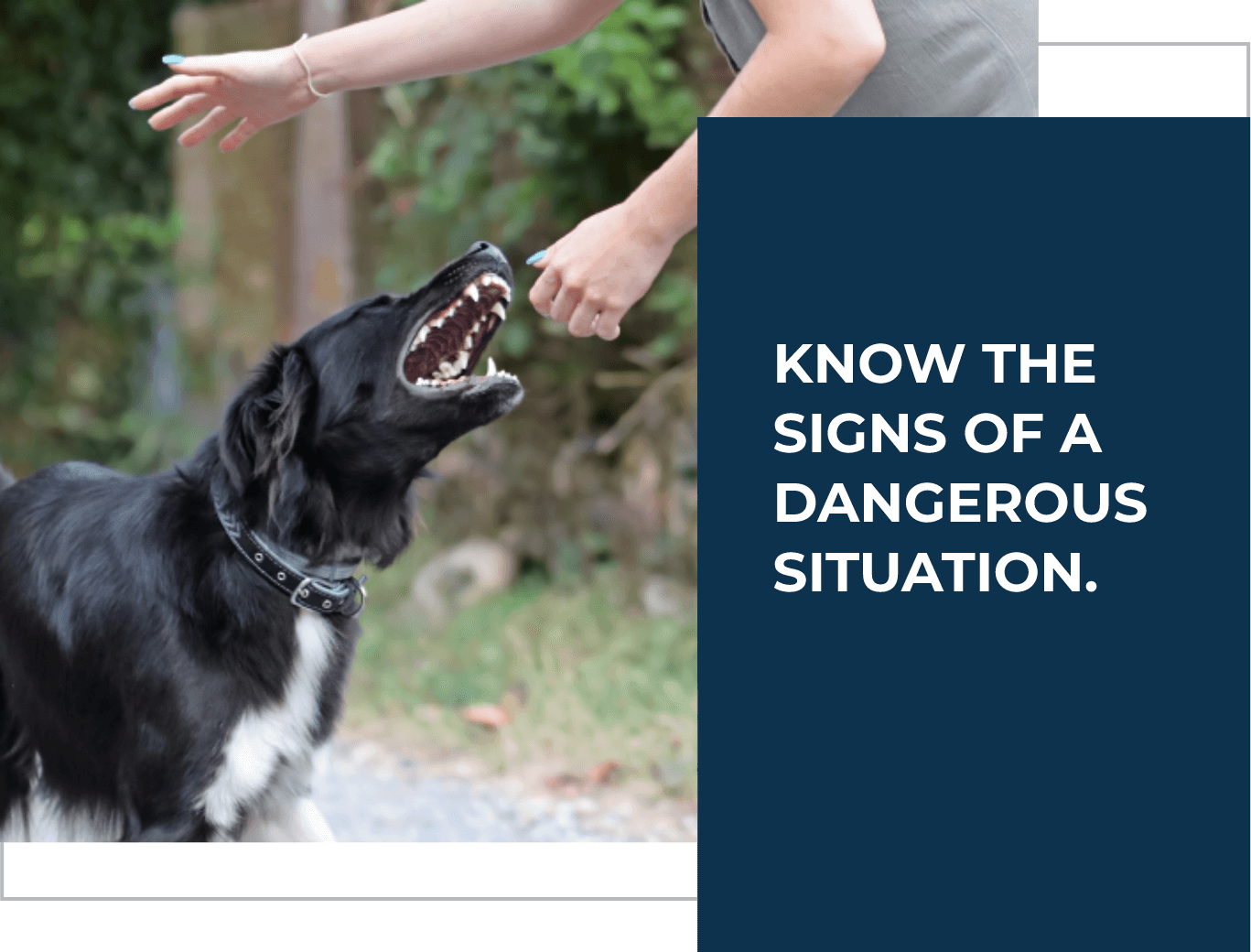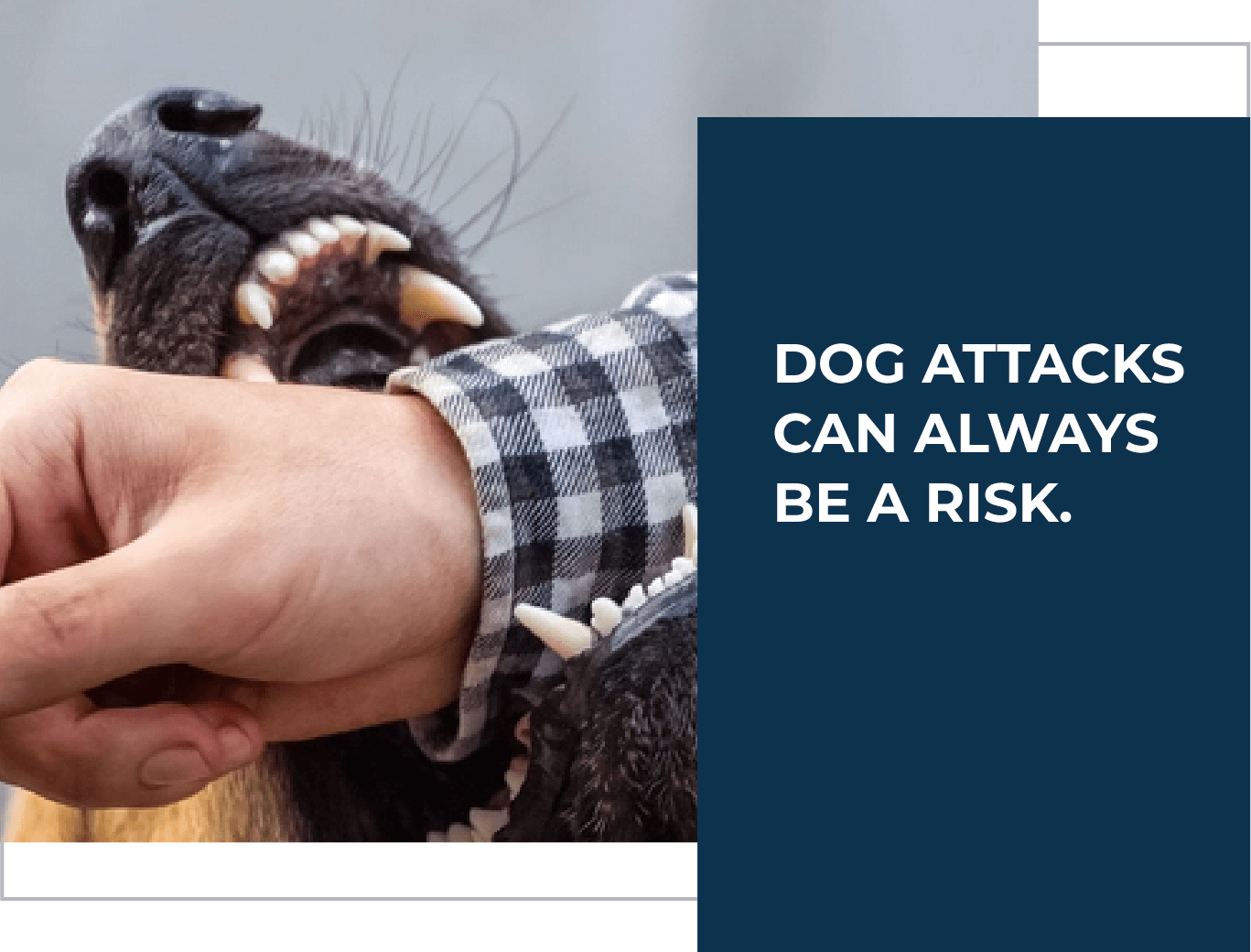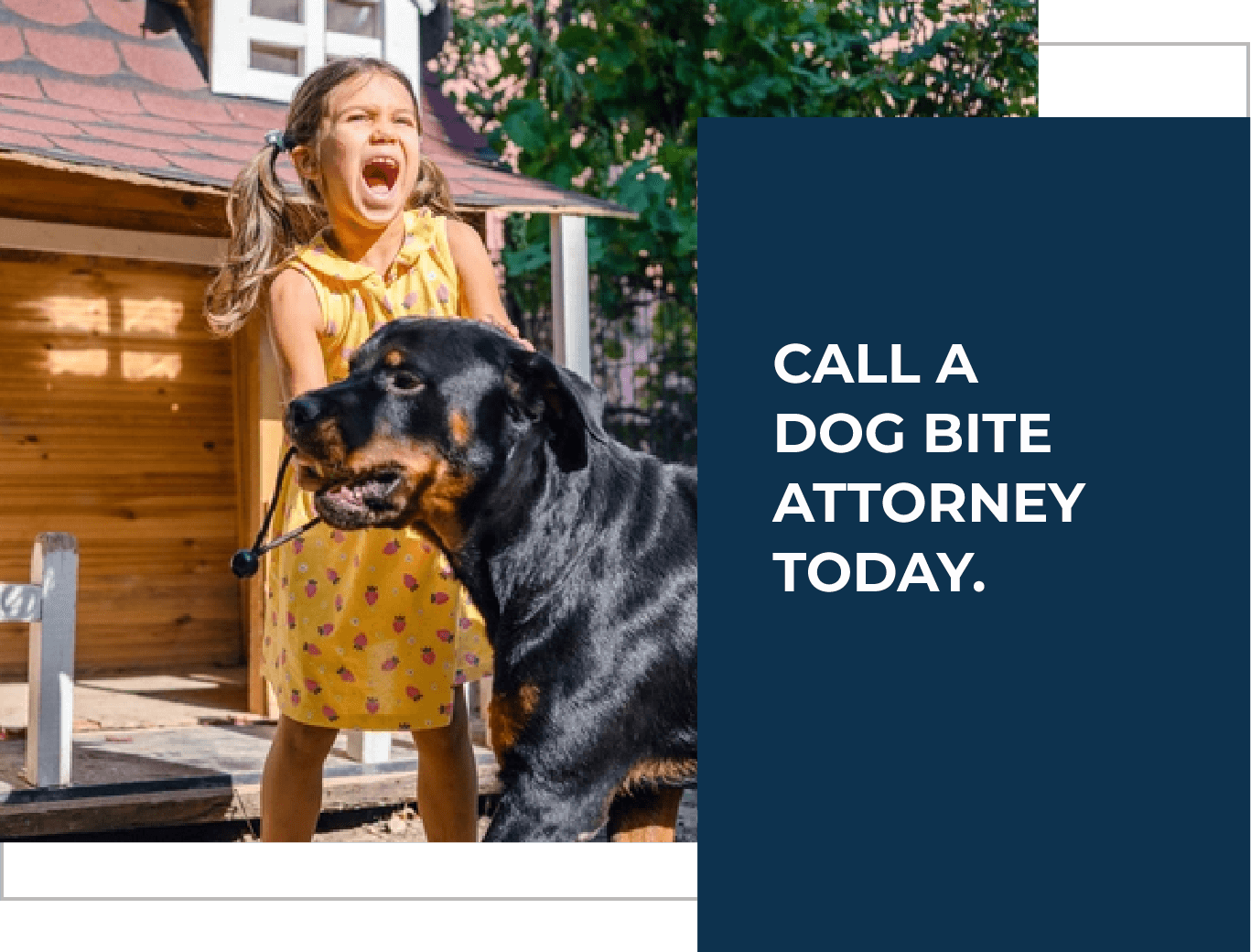DO I NEED A DOG BITE LAWYER?
A dog owner’s responsibility for personal injury as a result of a dog attack varies by state. Some states have a strict liability statute to protect dog bite victims. Strict liability means the owner is liable for the dog bite (with a few exceptions). Other states have a one bite rule, sometimes referred as a free bite. The one bite rule means that dog owners are liable if they knew or should have known the dog was dangerous.
Our dog bite attorneys can tell you the dog bite laws that apply in your dog bite claim if you’ve suffered a dog bite injury. A personal injury attorney helps an injured party to prove negligence, knows when to present evidence to the insurance company, and when to file a dog bite injury lawsuit. It is important to hire a law firm that has dog bite lawyers on staff, who can serve clients locally.







